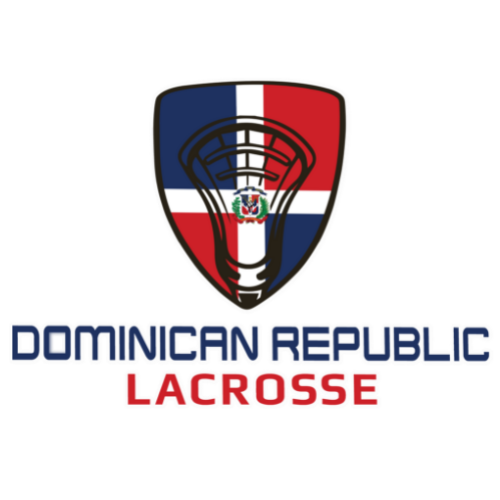Concussion Awareness
DID YOU KNOW?
- Most concussions occur without loss of consciousness.
- Children who have, at any point in their lives, had a concussion have an increased risk for another concussion.
- Young children and teens are more likely to get a concussion and take longer to recover than adults.
What is a Concussion?
A concussion is a type of traumatic brain injury, or TBI, caused by a bump, blow, or jolt to the head that can change the way your brain normally works. Concussions are usually not life-threatening. Even so, their effects can be serious.
Concussions can also occur from a fall or a blow to the body that causes the head and brain to move quickly back and forth. Some of these symptoms may appear right away, while others may not be noticed for days or months after the injury, or until the person starts resuming their everyday life and more demands are placed upon them.
If your child reports one or more of the symptoms on the list below, he/she should be seen by a healthcare provider. They should not return to play until they are cleared by a medical professional. It is very important to inform your child’s coach of any history of concussion/head injuries or of any recent head injuries that occurred outside of school.
How do I recognize a Concussion?
Signs Observed by Others
- Appears dazed or stunned Is confused about assignment or position
- Forgets an instruction Is unsure of game, score, or opponent
- Moves clumsily
- Answers questions slowly
- Loses consciousness (even briefly)
- Shows mood, behavior, or personality changes
- Can’t recall events prior to hit or fall
- Can’t recall events after hit or fall
Symptoms Reported by Child
- Headache or “pressure” in head
- Nausea or vomiting
- Balance problems or dizziness
- Double or blurry vision
- Sensitivity to light
- Sensitivity to noise
- Feeling sluggish, hazy, foggy, or groggy
- Concentration or memory problems
- Confusion
- Just not “feeling right” or “feeling down”
Concussion Danger Signs
Visit the emergency department right away if they received a bump, blow, or jolt to the head or body, and:
- One pupil larger than the other
- Is drowsy or cannot be awakened
- A headache that not only does not diminish, but gets worse
- Weakness, numbness, or decreased coordination
- Repeated vomiting or nausea
- Slurred speech
- Convulsions or seizures
- Cannot recognize people or places
- Becomes increasingly confused, restless, or agitated
- Has unusual behavior
What Can I Do to Help Feel Better After a Concussion?
Although most people recover fully after a concussion, how quickly they improve depends on many factors. These factors include how severe their concussion was, their age, how healthy they were before the concussion, and how they take care of themselves after the injury. Some people who have had a concussion find that at first it is hard to do their daily activities, their job, to get along with everyone at home, or to relax.
Rest (physical & cognitive) is very important after a concussion because it helps the brain to heal.Ignoring your symptoms and trying to “tough it out” often makes symptoms worse. Be patient because healing takes time. Only when your symptoms have reduced significantly, in consultation with your health care professional, should you slowly and gradually return to your daily activities, such as work or school. If your symptoms come back or you get new symptoms as you become more active, this is a sign that you are pushing yourself too hard. Stop these activities and take more time to rest and recover. As the days go by, you can expect to gradually feel better.
What Can I do to Help Prevent Traumatic Brain Injury?
There are many ways to reduce the chances of sustaining a traumatic brain injury, including:
- Buckling your child in the car using a child safety restraint seat, or seat belt (according to the child’s height, weight, and age).
- Wearing a seat belt every time you drive or ride in a motor vehicle.
- Never driving while under the influence of alcohol or drugs.
Wearing a helmet and making sure your children wear helmets when:
- Riding a bike, motorcycle, snowmobile, scooter, or all-terrain vehicle;
- Playing a contact sport, such as football, ice hockey, or boxing
- Using in-line skates or riding a skateboard
- Batting and running bases in baseball or softball Riding a horse
- Skiing or snowboarding.
Making living areas safer for children by:
- Installing window guards to keep young children from falling out of open windows
- Using safety gates at the top and bottom of stairs when young children are around.
- Making sure the surface on your child’s playground is made of shock-absorbing material, such as hardwood mulch or sand.
What Should I do if a Concussion Occurs?
People with a concussion need to be seen by a health care professional. If you think you or someone you know has a concussion, contact your health care professional. Your health care professional can refer you to a physician experienced in the management of concussions. Getting help soon after the injury by trained specialists may speed recovery.
For more information, please click on the link below:
